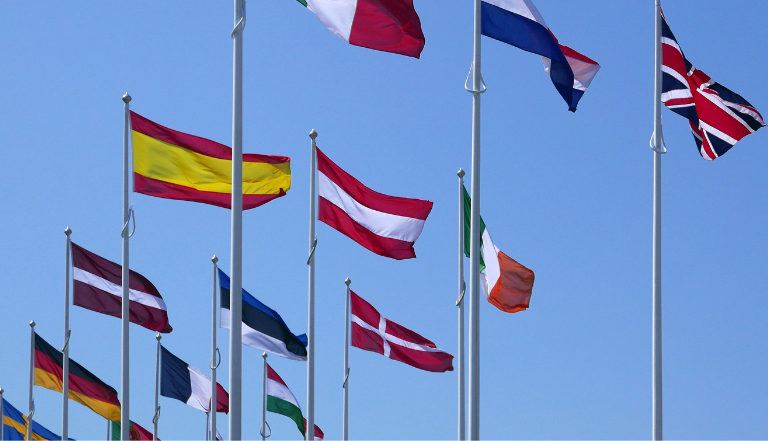The Enlarged Board of Appeal of the European Patent Office recently issued decision G 4/19. The Enlarged Board held that a European patent application can be refused if it claims the same subject-matter as an existing European patent (i.e. not just a co-pending EP application) which has been granted to the same applicant and has the same effective date.
Double Patenting is the claiming of the same subject matter in two applications by the same applicant which have the same effective date. Double patenting is prohibited in many patent systems around the world. For example, the UK patents Act at S73(2) specifies that a granted UK patent and a granted European patent which is validated in the UK, may not remain in force if both patents have been granted for the same invention having the same priority date, and that the applications for the patents were filed by the same applicant. The UK patents act at S18(5) also includes a double patenting provision against the patenting of two or more UK applications for the same invention having the same effective date by the same applicant.
However, the European Patent Convention (EPC) does not deal explicitly with double patenting, and simply states at Article 125 EPC that, in the absence of procedural provisions, the EPO shall take into account the principles of procedural law generally recognised in the Contracting States. As such, it was argued that the EPC is not clear as to whether a European patent application can actually be refused on the ground of double patenting, and led to the following questions being referred to the Enlarged Board of Appeal:
1. Can a European patent application be refused under Article 97(2) EPC if it claims the same subject-matter as a European patent which was granted to the same applicant and does not form part of the state of the art pursuant to Article 54(2) and (3) EPC?
2.1 If the answer to the first question is yes, what are the conditions for such a refusal, and are different conditions to be applied depending on whether the European patent application under examination was filed
- a) on the same date as, or
- b) as a European divisional application (Article 76(1) EPC) in respect of, or
- c) claiming the priority (Article 88 EPC) in respect of a European patent application on the basis of which a European patent was granted to the same applicant?
2.2 In particular, in the last of these cases, does an applicant have a legitimate interest in the grant of a patent on the (subsequent) European patent application in view of the fact that the filing date and not the priority date is the relevant date for calculating the term of the European patent under Article 63(1) EPC?
The Decision
In answering the above questions, the Enlarged Board of Appeal held that double patenting was a principle in procedural law, and thus Article 125 EPC provides the source for the EPO to refuse applications for double patenting by taking into account national law of Contracting States.
The Enlarged Board further held that the prohibition on double patenting is not limited to applications directed to the same subject-matter which were filed on the same day. It also extends to parent and divisional applications, and to applications claiming the same priority. The Enlarged Board also confirmed that the prohibition only applies where the application under examination and the patent already granted have common designated Contracting States.
Implications
It is worth noting that some Contracting States only consider two patents to relate to the same subject-matter if the independent claims are identical, whereas other States, such as the UK, take a broader interpretation and consider two patents to relate to the same subject matter if they relate to the “same invention”. As noted in the decision, the EPO takes the narrower interpretation as to what constitutes the “same subject matter”, such that, where there are any differences between the claims of the pending patent application and the earlier patent or patent application, a refusal on the grounds of double patenting should not be issued. Despite this, a national office may still apply the broader interpretation once the patent in question is validated in that country.
Further, there are instances when applicants have legitimate reasons for wanting a second patent application to grant which is directed towards the same subject matter as an already granted patent. For example, the second application may have been filed later and therefore provide a longer term of protection. However, it is clear from this decision, that whether or not an applicant has a legitimate interest in obtaining a second patent directed towards the same subject matter as an already granted European patent, the EPO might reject the pending application for double patenting. Therefore, when filing a later application, such as a priority claiming application or a divisional application, care should be taken to ensure that the claims are not identical to an earlier application, or if the claims are identical ensure that only the desired application proceeds to grant.
This update was prepared by Mark Dauncey and Amy Morris who would be happy to discuss any of the issues raised in further detail.



